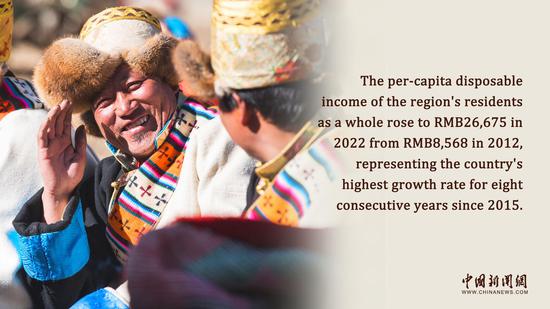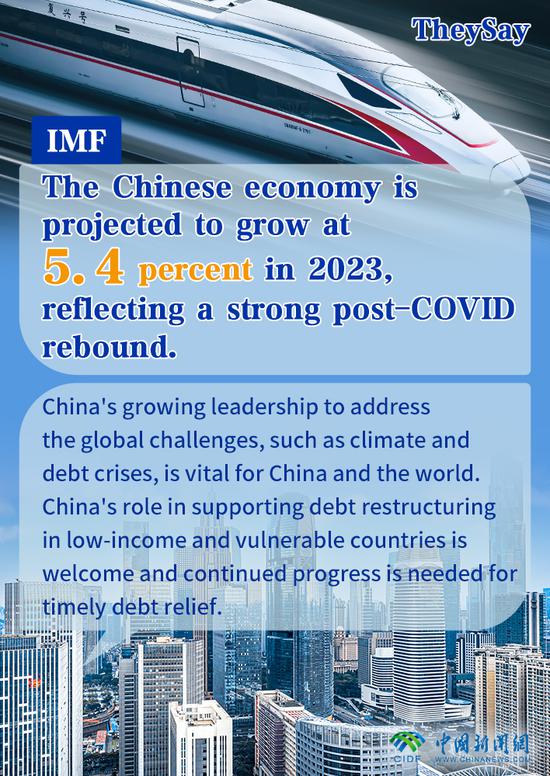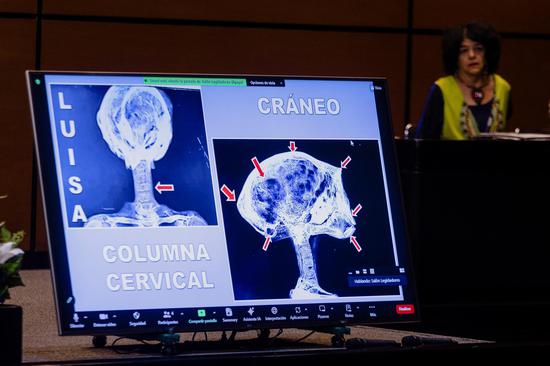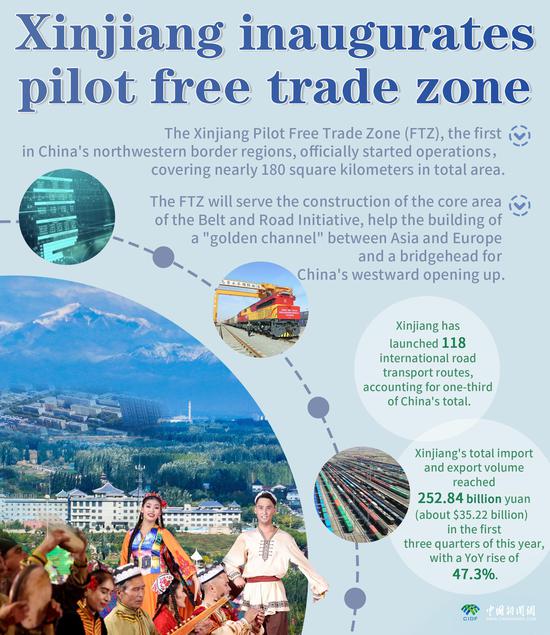According to the latest data released by the Ministry of Civil Affairs, the number of marriages registered in the first three quarters of 2023 reached 5.69 million couples. Based on this data, it is expected that the total number of marriages in China this year will exceed seven million couples for the entire year.
After reaching a peak of 13.469 million couples in 2013, the number of marriages has been declining for nine consecutive years, according to the report published on Friday. Among them, the number of marriages in China fell below 10 million couples in 2019, and below seven million couples in 2022, reaching 6.833 million couples, a decrease of 803,000 couples compared with the previous year, equal to a decrease of about 10.5 percent.
In comparison, the number of marriage registrations in the first three quarters of this year increased by 245,000 couples compared to the same period in 2022.
Dong Yuzheng, a population expert and a researcher from the Guangdong Provincial Government Consultation Office, said that in 2022, especially in the fourth quarter, people postponed their marriages to this year due to factors such as the epidemic, resulting in an increase in the number of marriages this year. "Of course, this postponement effect is a temporary phenomenon," the China Business Network quoted Dong as saying.
Looking ahead, although the number of marriages has increased this year, factors such as a decrease in the number of people of marriageable age and a delay in the age of first marriage will still have an impact. Therefore, whether the number of marriages in China will continue to increase in the future remains to be seen.
In terms of the age structure of the marriage population in recent years, since 2010, the age of marriage in China, especially the age of first marriage, has been progressively rising. According to the 2020 China Population Census Yearbook, the average age of first marriage in China in 2020 was 28.67 years, an increase of 3.78 years compared to the average age of first marriage in 2010.
On January 20, 2022, Yang Jinrui, deputy director of the Population and Family Department of the National Health Commission, stressed that as the new main force in marriage and childbearing, the post-1990s and post-2000s generations have mostly grown up and work in urban areas, complete their education at an older age, and face greater employment competition pressure, resulting in a significant delay in marriage and childbearing.
Dong said that over recent years, China has advocated the construction of a new marriage and childbearing culture, actively providing various heartwarming measures for young people's dating and marriage, and creating a better atmosphere for their marriage and love. In the future, relevant work should continue to be actively carried out, he noted.


















































 京公网安备 11010202009201号
京公网安备 11010202009201号